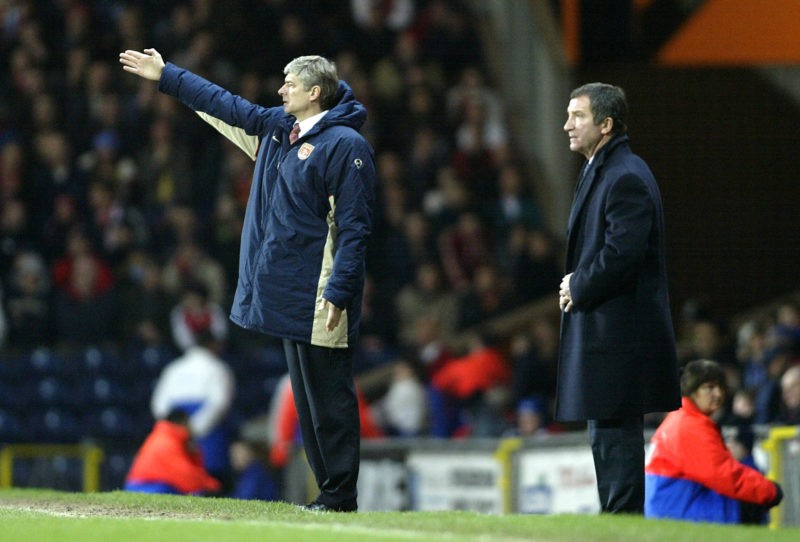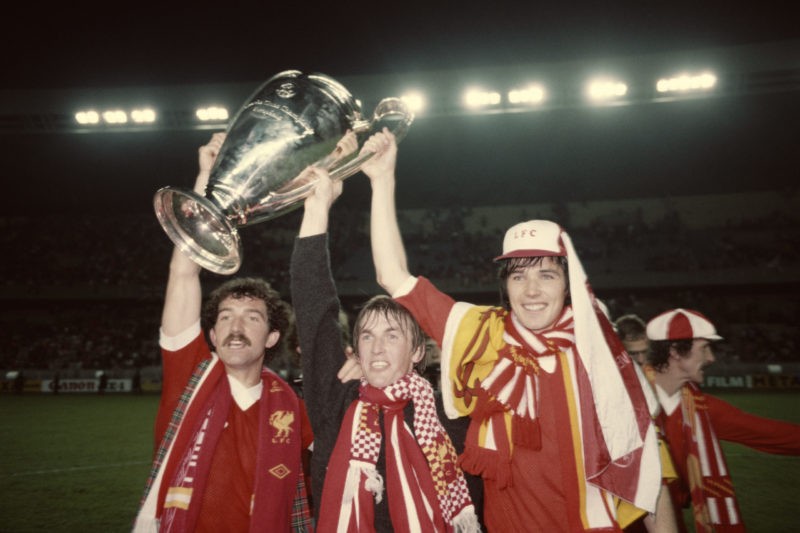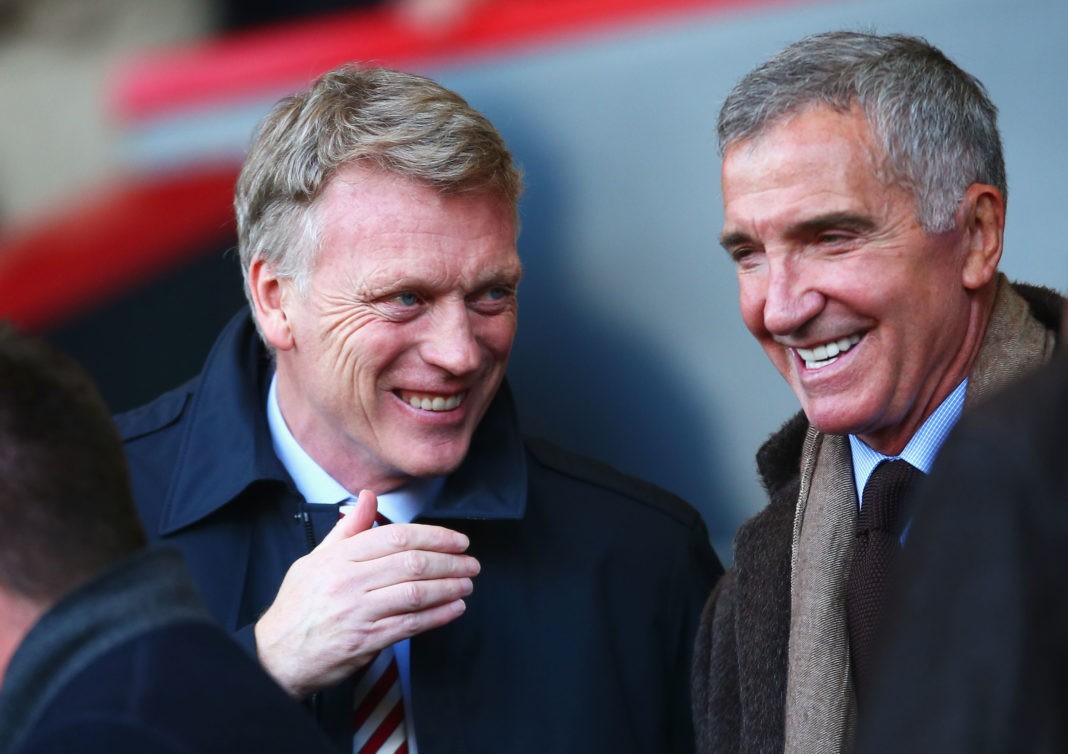Graeme Souness, Liverpool legend, admits he’s a ‘closet Arsenal fan’ in his latest Daily Mail column.
Writing in his Daily Mail column on Saturday, Graeme Souness said that Arsenal must continue their winning ways to shed their reputation as underperformers. Despite recent history of faltering in crucial moments, Souness says that the team appears revitalised.

Ben White‘s choice to prioritise club over country is highlighted as unusual and something he might regret in the future. Martin Odegaard is praised for his leadership and skill, while questions are, tediously, raised about Mikel Arteta‘s sideline behaviour and its impact.
The article also suggests that sustaining success is crucial for Arsenal to overcome past criticisms and that their improvement benefits the Premier League as a whole, especially if rivals like Manchester United elevate their game.

“I am a closet fan of Arsenal. In my professional time they have always been a club that oozes class,” Souness writes. “They did bottle the title race last year, there’s no other way of putting it. But they look richer for the experience now. They’re showing no nerves. Even if they are not on top in a game, they’re playing with freedom and they have quality all over the pitch.”
Souness is regarded as a Liverpool legend due to his time at the club during his playing career, which spanned from 1978 to 1984. He was an integral part of one of Liverpool‘s most successful eras, known for his tough tackling, leadership, and ability to control the midfield.

During his time at Liverpool, Souness won numerous titles, including five English league championships and three European Cups (now the UEFA Champions League). His dominance in midfield and his competitive nature were pivotal in Liverpool‘s domestic and European successes.
Souness was not just a physical presence; he was also known for his footballing intelligence, passing ability, and scoring capability. His leadership qualities were recognised when he became the team captain.
After his playing career, Souness also managed Liverpool, although this period was less successful compared to his time as a player. Despite the challenges faced during his managerial tenure, his status as a Liverpool legend remains largely due to his contributions on the pitch.

